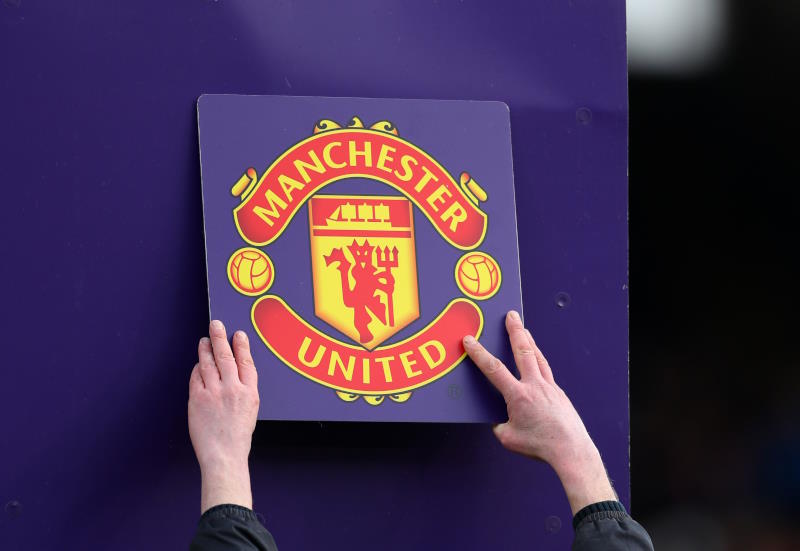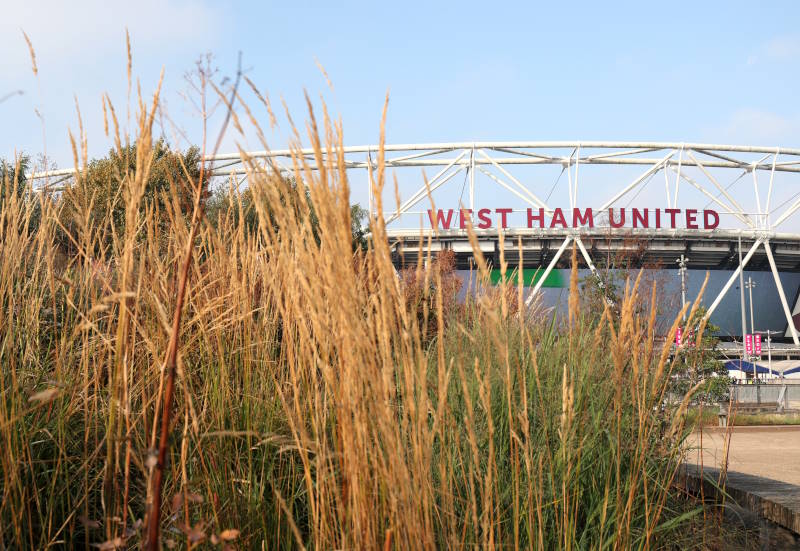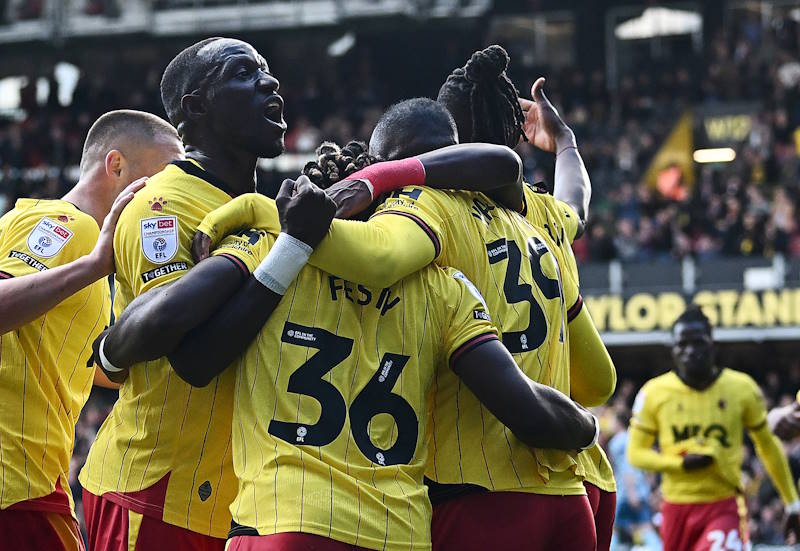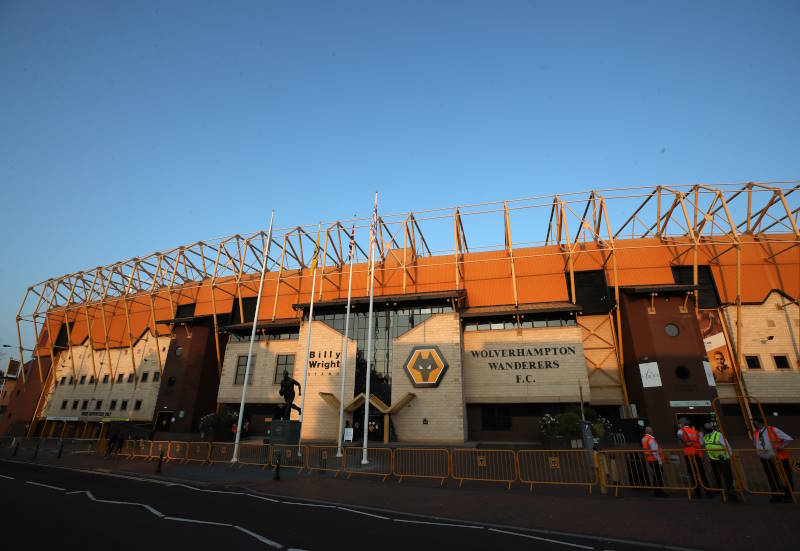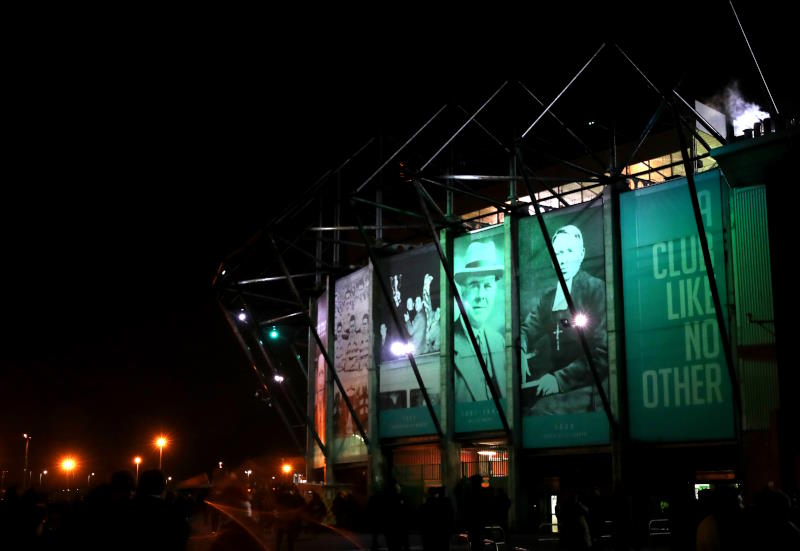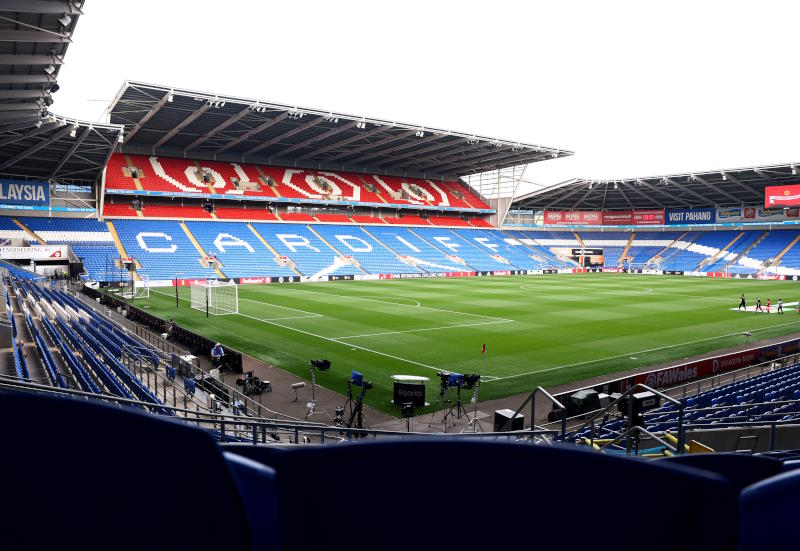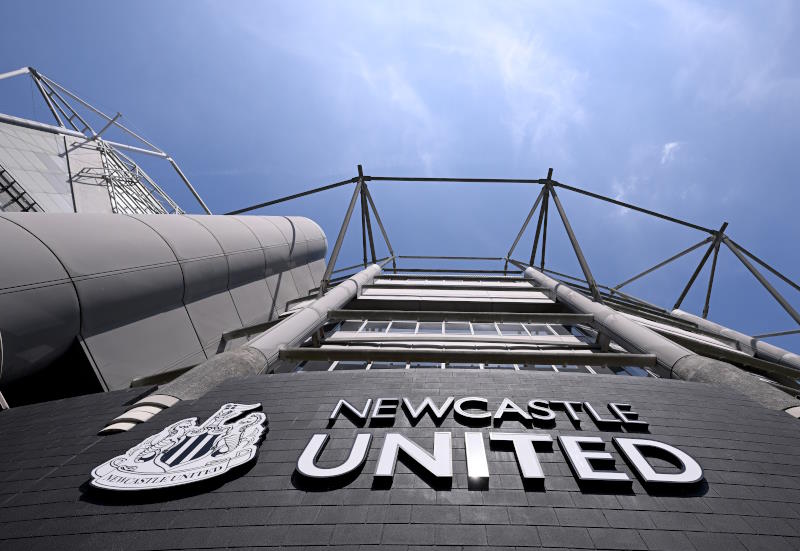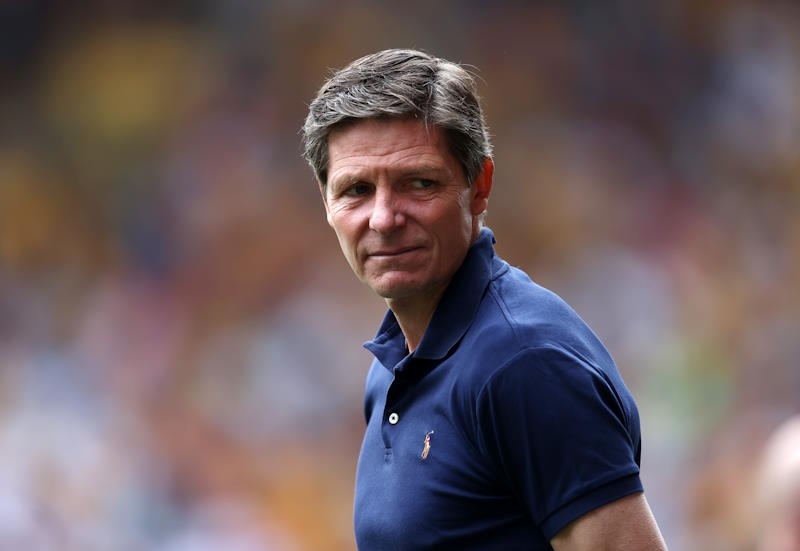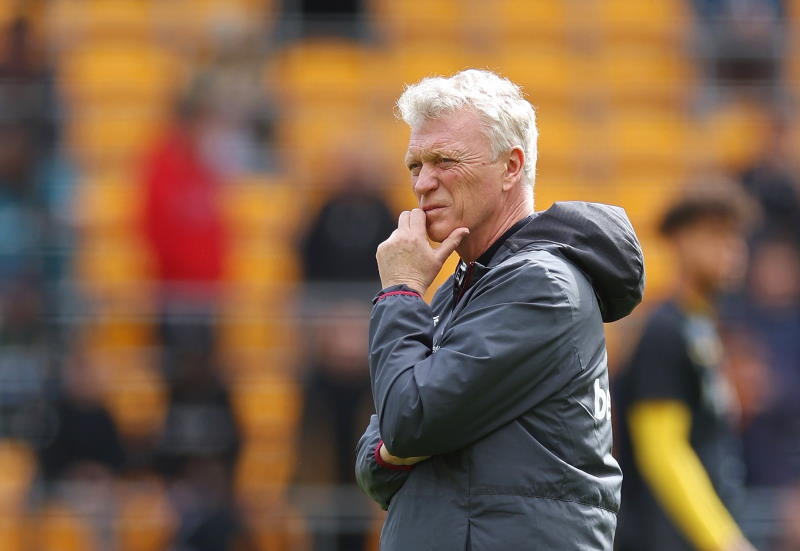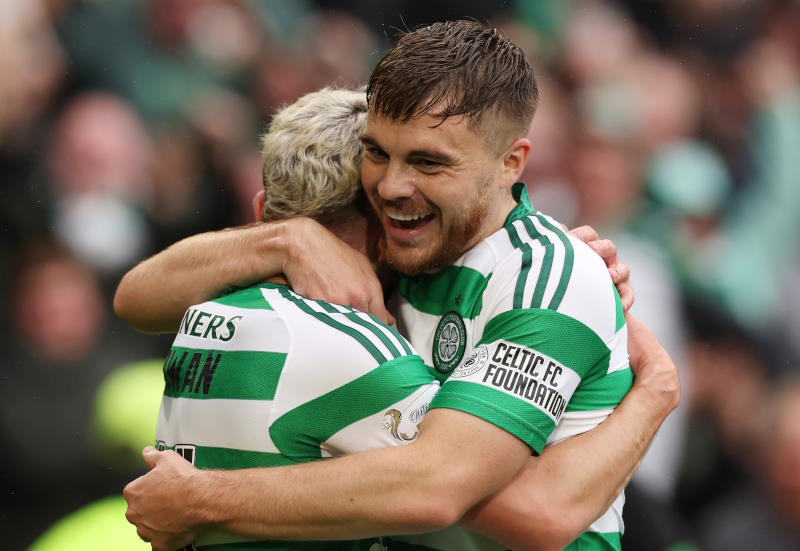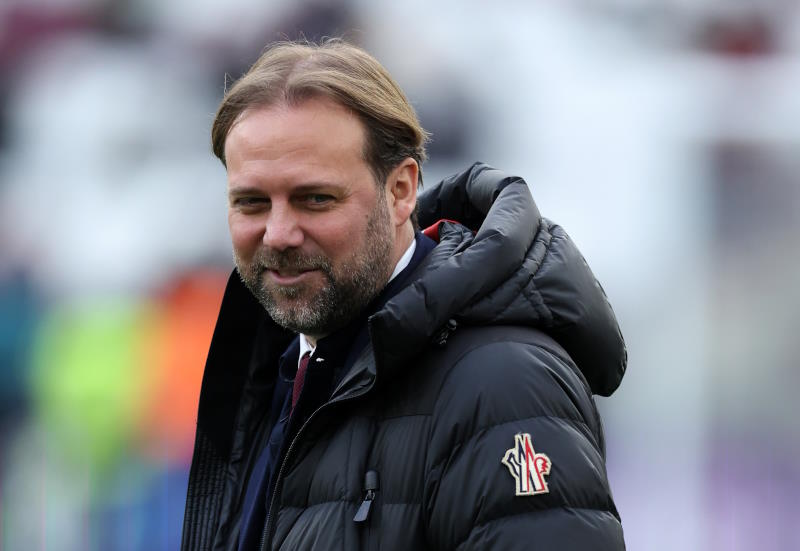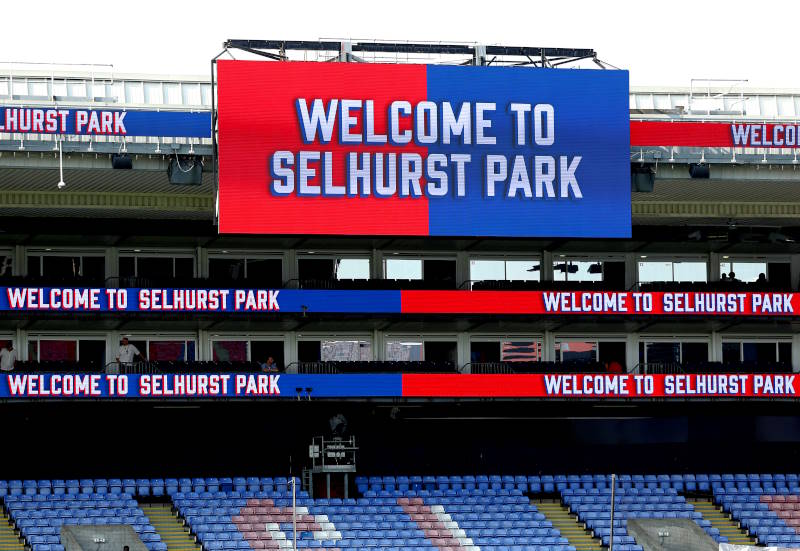
It is accepted wisdom that Harry Redknapp is to become the new England manager as soon as Tottenham Hotspur’s competitive season is over. Such a presumption is well founded, but between the immediate clamour for the Spurs boss’ appointment and him actually being given the job, the English Football Association may pause to assess their top candidate’s strengths and weaknesses and contemplate another contender, Stuart Pearce.
Redknapp’s strengths are clear: a great man manager, plays attractive football, and does not over complicate the game. English players are notoriously poor at adapting to tactical instruction, and so Redknapp’s approach is likely to go down well in the Wembley dressing room.
Chelsea’s 5-1 victory over Tottenham though in the FA Cup semi-final raised some key question marks over Redknapp. His team suffered because of a lack of support for Gareth Bale and Aaron Lennon from Spurs’ full backs, Benoit Assou-Ekotto and Kyle Walker. Chelsea caretaker manager Roberto Di Matteo had put Brazilian midfielder Ramires on the right wing and forward Salomon Kalou on the left to prevent the Tottenham’s full backs making forward runs. Midway through the first half however, Tottenham began to take control because they started to pass the ball through midfield duo Scott Parker and Luka Modric, rather than looking to get the ball wide into Bale and Lennon quickly.
Redknapp should have realised this, and noted that Walker and Assou-Ekotto could only get into the game if Tottenham held the ball long enough to force Chelsea deeper, as they did towards the end of the first half.
It is true that Tottenham were very unfortunate with a sequence of events. First a strike from Didier Drogba that few teams could stop, second that the referee awarded a non-existent goal against them at the start of the second half, and third that Petr Cech was not sent off when he pulled down Emmanuel Adebayor. Despite all that though, Tottenham were 2-1 down and had looked the better team until that point – but Redknapp was guilty of gross impatience when taking off Rafael van der Vaart for Jermaine Defoe.
Van der Vaart was not having a great game, but by going to a 4-4-2 in an attempt to force the match, it meant that Tottenham ceded the midfield battle as they were outnumbered. It also meant that when Assou-Ekotto and Walker got forward to try and force the issue, there were gaps on either flank of the Spurs’ defence which Chelsea were able to take advantage of – it is not a coincidence that the two wide players, Kalou and Ramires, both scored in this period of the game.
It was from being outnumbered that Chelsea winger Juan Mata was able to then find the space to kill Tottenham off with the crucial third goal. Had Redknapp been patient, or replaced Van der Vaart with another central midfielder, Tottenham were looking the more likely to find the all-important fourth goal.
Italians like Chelsea boss Di Matteo are notoriously tactically adept, but the Football Association would still hope of arguably the best English manager in the game, with decades of experience, that he would not be so outclassed in this area by a comparative novice.
What does this reveal about Redknapp’s credentials for the England job? It may indicate that he is impatient when his teams are behind. The former Portsmouth manager’s sides tend to play a high tempo game, and though Redknapp encourages them to play it on the floor, they do not tend to put their foot on the ball and slow the pace of the match.
Redknapp also obviously cannot buy players if given the England job, meaning he must judge the ability of those already at his disposal. And given that earlier this year the former Portsmouth manager claimed not to have heard of Santos’ Paulo Henrique Ganso, one of the most coveted young players in South America, there are reasons to be concerned.
Then consider the alternative few are discussing, Stuart Pearce. “When I played on the international stage many times, the foreign nationals sometimes have that know-how”, he said after managing the England team during a 3-2 defeat against Holland. “Our game week-to-week in the Premier League is gung-ho all the time. When you get to major tournaments it can’t be gung-ho all the time because of the climate, the altitude, and we have to learn those little things going into tournament football.” Pearce also spoke of how teams build momentum at finals and the importance of a quick start.
This highlights a clear contrast in approach between the two. On the one hand there is a manager who is notoriously apathetic about complicated football strategy; clearly Redknapp understands the game and knows how to get his team to win, but he is hardly a student of football tactics. It is notable how he has always improved the teams he manages, but rarely beats the best when it really counts. It betrays, as the Chelsea game did, a tactical naivety and impatience. Pearce on the other hand, understands international football, and realises the importance of patience.
It was clear against Holland that at one point England passed the ball around for five minutes in their own half without making territorial progress. It was a sign that Pearce had ordered his team to be patient and slow the game. It was also notable that the two goals England scored were from intricate team moves and a cutting through ball, the type rarely seen from the Three Lions since a 4-1 win over the same opponents in the 1996 European Championships; England tend to score more from set pieces, crosses and individual efforts. Pearce also chose to build the midfield around Scott Parker, a player who, whilst excellent defensively and hard working, is intelligent, composed and impressive in possession, rather than the obvious alternatives of Frank Lampard or Steven Gerrard.
And then there is the question of experience. Pearce played for England 78 times, compared to Redknapp’s lack of an international career. Pearce has played in three major tournaments, including the 1990 World Cup and 1996 European Championships, England’s two best finals performances since 1966. He has also managed the Under-21 team at two European Championships. Redknapp has never played or managed a team in a competitive, month-long tournament like the European Championships, although that is true of any newcomer to the international game.
This is not to denigrate Redknapp’s ability. He has proven himself an excellent manager, and could pick up the key assets a national team boss needs in time. And after all, former England coach Fabio Capello had never been to an international tournament as manager before and seemed unable to grasp the basics, despite his excellent grounding in slower tempo football. Pearce though understands that there is no magic formula for success on the international stage, and that teams who do well get by on intelligence, keeping the ball and not running at Premier League pace for 90 minutes every three days. The English FA might be tempted to conclude there is little logic in spending millions on Redknapp and waiting for him to learn all this, when England have someone who understands it already.

